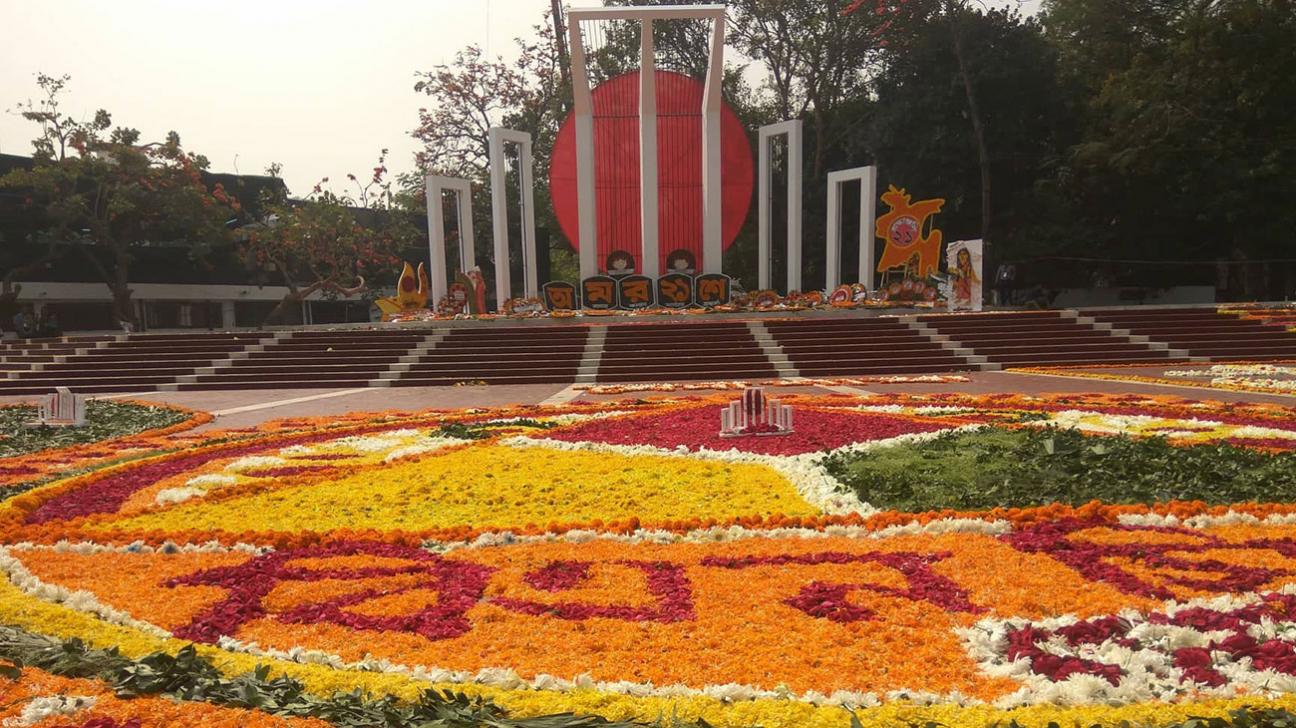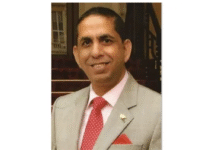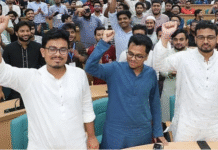International Mother Language Day is an opportunity to promote and celebrate linguistic and cultural diversity, and to recognise and protect all the human rights of minorities and indigenous peoples relating to language, Fernand de Varennes, UN Special Rapporteur on Minority Issues, today said.
“Language can also empower people, whereas the absence of education in minority and indigenous languages and the political instrumentalisation of language by state and non-state actors has been a contributing factor to exclusion, discrimination and even violence,” he said in a statement.
The day, first announced by UNESCO on November 17, 1999, was formally recognised by the UN General Assembly in a resolution establishing 2008 as the International Year of Languages.
The idea to celebrate International Mother Language Day was the initiative of Bangladesh, where February 21 is the anniversary of the day when Bangladeshis revolted for the recognition of Bangla as the state language of erstwhile East Pakistan in 1952 against the then West Pakistani rulers’ imposition of Urdu as state language.
“Language is, for many, one of the essential markers at the core of their identity. It is also a most unique human trait, the essential link to our past, the main bond for our cultures, and the essential tool to communicate and share knowledge, memory and history,” said Fernand de Varennes.
This year, celebrating linguistic diversity becomes even more meaningful with the launch of the International Year of Indigenous Languages on February 1, 2019, by the UN General Assembly.
The event is not simply a “cultural” event, since language issues also involve important human rights matters for both minorities and indigenous peoples beyond linguistic and cultural contexts.
As part of the celebration of the richness and beauty of the world’s linguistic tapestry, it is essential to move away from the ideology that societies and states should only have one language to the exclusion of all others, Fernand de Varennes added.
Source: The Daily Star










